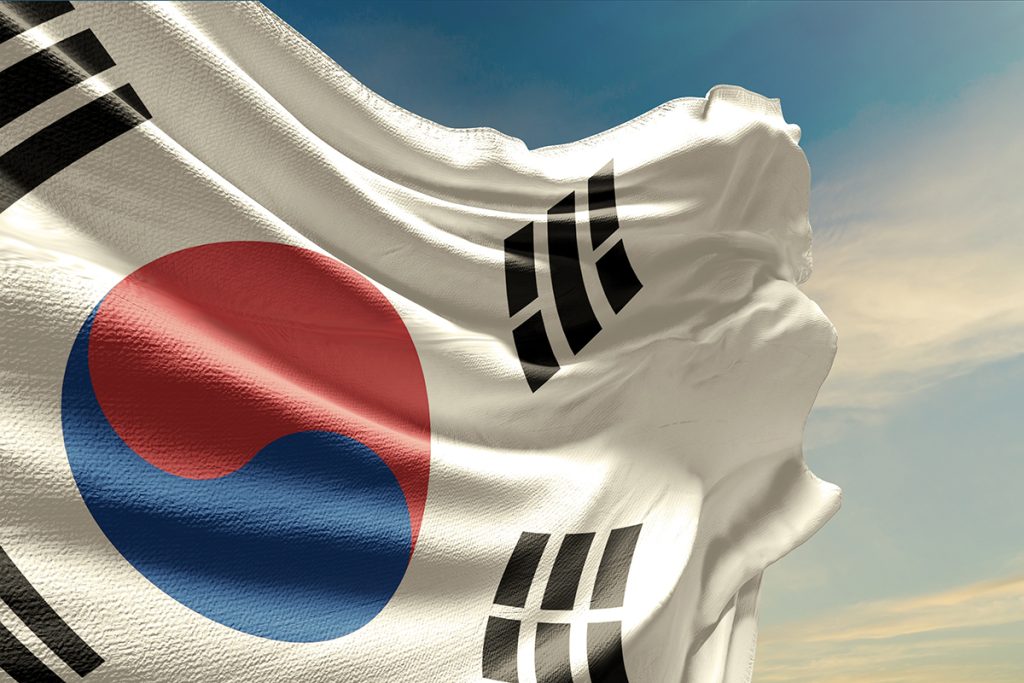In a move highlighting the escalating tensions on the Korean Peninsula, South Korea has summoned the Russian ambassador to express its objections to a newly formed defense pact between Russia and North Korea. This diplomatic stir comes amidst a series of border incidents and an intensification of psychological warfare between the two Koreas.
The recent pact between Moscow and Pyongyang, promising mutual defense assistance should either party be attacked, has significantly alarmed the South Korean government. In response, South Korean Vice Foreign Minister Kim Hong Kyun met with Russian Ambassador Georgy Zinoviev to demand an immediate cessation of what Seoul perceives as direct or indirect military support to North Korea. South Korea argues that such cooperation undermines U.N. Security Council resolutions and threatens the stability of the region.
The diplomatic exchanges occurred against a backdrop of renewed hostilities at the border. The South Korean military reported multiple instances this month of North Korean soldiers crossing into their territory. These crossings, described by South Korea as seemingly accidental, were met with warning shots, escalating the already tense situation.
Adding to the border tension, South Korean civilian activists have ramped up their efforts to send anti-Pyongyang propaganda across the border using balloons. This has included not only leaflets but also USB sticks loaded with South Korean pop songs and dramas, and even U.S. currency. North Korea has historically reacted strongly against such activities, which it views as direct threats to the regime’s stability and control.
In retaliation to the leafleting, North Korea has conducted its own balloon operations, dropping vast amounts of trash into South Korean territory, causing property damage. This tit-for-tat escalation marks a resumption of Cold War-style psychological operations, with both sides utilizing propaganda as a means to assert dominance and stir unrest in the opposing nation.
On the international stage, the implications of the Russia-North Korea agreement have prompted South Korea to strengthen its diplomatic ties with allies. The South Korean Foreign Ministry reported that Minister Cho Tae-yul held discussions with U.S. Secretary of State Antony Blinken and Japanese Foreign Minister Yoko Kamikawa. These talks affirmed a shared concern over the defense pact, recognizing it as a serious threat to peace and stability in the region. The diplomats vowed to enhance trilateral coordination to address the challenges posed by the Moscow-Pyongyang alignment.
Moreover, the South Korean military has observed increased military activities by North Korea along the border. These activities include the construction of suspected anti-tank barriers, road reinforcements, and mine planting, which are likely intended to fortify the North’s defenses and prevent defections to the South.
Amidst these developments, North Korea remains highly sensitive to any criticism of Kim Jong Un’s authoritarian regime. Efforts by South Korea and its allies to penetrate the North with foreign news and media are seen as direct challenges to Kim’s control.
As the situation continues to unfold, South Korea remains vigilant, backed by a robust military and the support of its international partners. The nation is also considering increasing its support for Ukraine amidst the ongoing Russian invasion, a stance that further complicates its relations with Moscow.
This series of events underscores the volatile and complex dynamics of international relations in East Asia, as old alliances are tested and new geopolitical strategies emerge.


